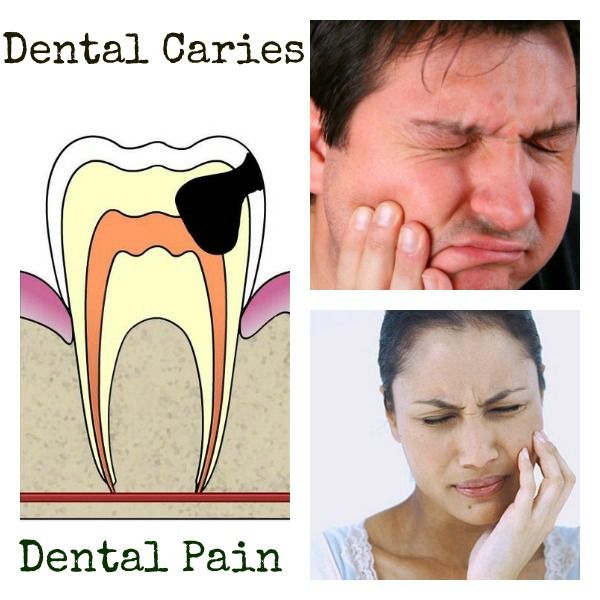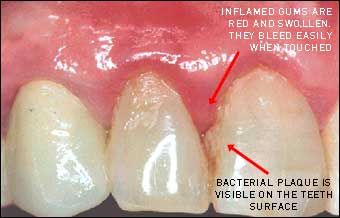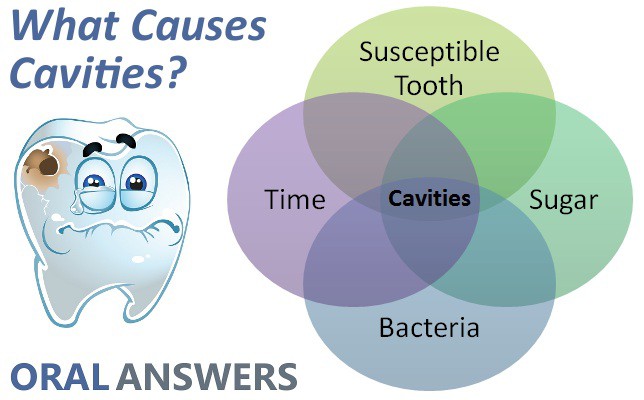Self evaluation & self questions are the best tools for us to evaluate the status of any situation . It helps in analyzing & weighing the pros n cons and also helps in finding the best possible solution.
The same principle also applies to the evaluation of the dental health . A proper evaluation will help you to decide the approximate status of your dental health & if you need to visit your dentist . This way you can get to the dentist at the initial stages only , before there is any change in the oral cavity & teeth that can lead to pain .

WHICH ORAL HEALTH PROBLEMS & SIGNS CAN NOT BE IGNORED ?
A: No oral symptom should be ignored . How ever trivial it may appear !
Every oral health symptom is a warning that something abnormal is happening in the oral cavity and, if that warning isn’t heeded, it could lead to something far more serious. The important thing to be aware of here is that what happens in the mouth is not just limited to the teeth and gums – and far too many people aren’t aware of that fact. Because many oral health issues, such as gum disease and infected root canals, can dramatically affect overall health, not to pay attention to the early oral warning signs is to literally put your overall health at risk. So let’s look at some of the more common oral symptoms you should know about.
Pain – pain of any kind; mild, moderate, severe, occasional, sharp, aching, dull, deep – is not normal and is an indication that something is wrong,
Possibly seriously wrong. Pain can be an indicator of decay, a possible root canal infection, an abscess, a jaw infection, or gum disease. Pain is a wake-up call and even if it goes away you should make an appointment and have it diagnosed by a dentist. (Exceptions to this is if you bite your tongue or lip, or eat something that is too hot and burns your lips or palate.

Sensitivity – to heat, cold, acidic foods, even brushing is another warning sign
that should not go unattended. It can indicate decay, exposed root surfaces due to gum recession, a leaky filling, and even gum disease.
Bleeding – infrequently during brushing or eating should not be taken as normal
Bleeding a little, a lot, occasionally, consistently, only when brushing or flossing and eating, or for no apparent reason – isn’t normal and never should be considered to be so. Bleeding is usually an indicator of gum disease but can indicate other oral problems, such as an abscess. As with any oral symptom, the determination of its cause and severity should always be done by a dentist. Self diagnosis should never be attempted by the patient nor should the dental appointment be put off.
Swelling – any lumps, or bumps, ridges, pimples, or any other type of swelling
anywhere in the oral cavity (lips, gums, or any other area of the mouth and face) is definitely a warning signal. There could be many causes of this and only the dentist can diagnose it. This should be dealt with ASAP.
Ulcerations and Discolorations
any ulceration, discoloration, redness, or sore spot on the lips, tongue, inside of the mouth, face or neck must be considered as not normal and checked out by a dentist, especially if it doesn’t resolve itself within 10 days to two-weeks. (For example, an ulceration such as herpes may show up suddenly, heal itself within two-weeks and may not need to be treated by a dentist.) There could be many causes to consider, some benign but others could be much more serious. This is not a symptom to put off until tomorrow!
Loss of Feeling
loss of feeling in any area of your mouth or face can be cause for concern as it could indicate nerve damage. This must be looked at by a dentist immediately. It needs immediate attention and treatment should start as soon as possible with a multidisciplinary approach .
Persistent Coughing or Difficulty in Swallowing
Either, or both, of these symptoms could be related to an oral health issue but could also be an indicator of a more serious medical issue. This should be dealt with by a dentist or a health practitioner if it persists for more than a week and there doesn’t seem to be an obvious cause, such as a cold.
Other Diseases of the Mouth

There are over 20 other health/medical issues whose early signs and symptoms can be found in the oral cavity. These can range from a drug reaction to serious cancers, such as oral cancer, squamous cell carcinoma, and leukemia.
Any of the symptoms listed above could also be related to a medical problem and you should be acutely aware that any oral symptom, whether listed here or not, that appears and stays should be examined by a dentist and if necessary referred to the proper medical specialist.
Early detection of these signs is also the reason why everyone, even if free of dental disease, should have a complete oral examination at least once a year.
Oral Health Problems without Symptoms
Please don’t think that if you don’t have an oral symptom you don’t have an oral problem!
Far too many people believe that they couldn’t possibly have an existing oral problem if an observable symptom doesn’t manifests itself.
This belief has led to an untold number of dental emergencies that could have easily been avoided by regular dental check-ups. The main thing to consider here is that many oral health problems may reach a serious stage before a symptom appears, such as pain.
THE BEST POSSIBLE PRETREATMENT FOR ALL THE ABOVE SYMPTOMS : PREVENTION

[warning]
Read this article here to know how the Dental Caries Starts and what are the symptoms & treatment options
http://toothpulp.com/dental-caries-causes.html
[/warning]



